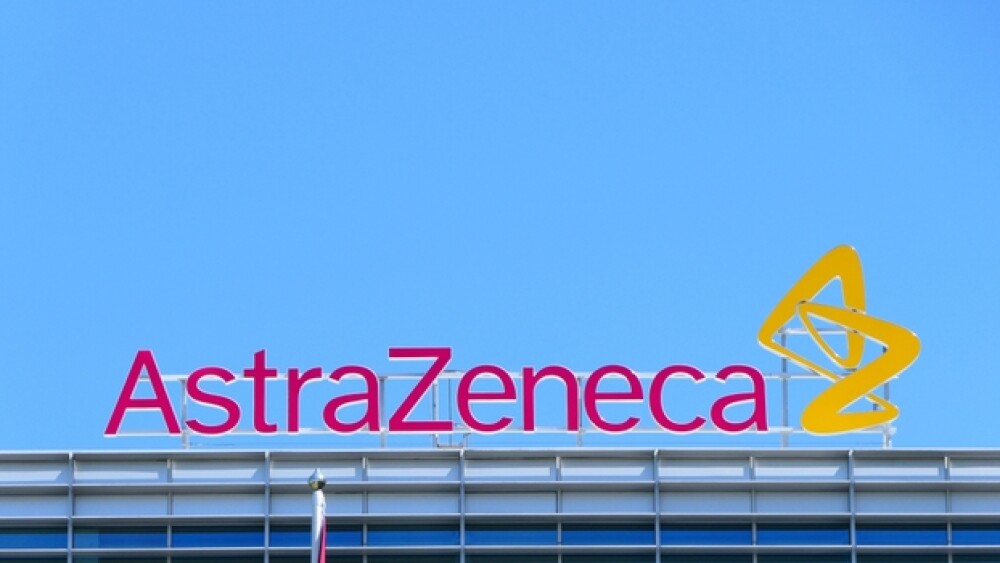Compass and AstraZeneca have both provided updates to their clinical therapeutic programs focused on biliary tract cancers.
Courtesy of Alexanderstock23/Shutterstock
Compass Therapeutics and AstraZeneca have both provided updates to their respective clinical therapeutic programs targeting biliary tract cancers.
Biliary tract cancer (BTC), also known as bile duct cancer or cholangiocarcinoma, is a rare form of cancer in the bile ducts or tubes that connect the liver, gallbladder and small intestine. The amount of people diagnosed with BTC annually in the U.S. varies from 8,000 to 23,000, and because cancer often begins without clear symptoms, it is typically diagnosed at an advanced stage when treatment options become limited and prognosis is poor.
Compass Therapeutics reported positive interim Phase II trial data of its therapeutic CTX-009 in combination with chemotherapeutic paclitaxel. The Phase II trial is being conducted at four leading medical centers in Korea with plans to dose patients in the U.S. in early Q3 of 2022.
The interim results showed that treatment with CTX-009 demonstrated a 42% overall response rate based on 10 patients with partial responses, and the therapeutic showed anti-tumor activity in previously treated patients with a clinical benefit rate of 92% based on 22 patients with a partial response or stable disease out of 24 patients enrolled in the study.
“The findings reported today suggest that CTX-009, if approved, may represent a novel therapeutic option for patients with BTC who have limited treatment choices and poor prognoses,” CEO of Compass Thomas Scheutz, M.D., Ph.D., said in a press release.
CTX-009 displayed a tolerable safety profile. The therapeutic is a bispecific antibody that is designed to block the Delta-like ligand 4/Notch (DLL4) and vascular endothelial growth factor A (VEGF-A) signaling pathways, which prevent the vascularization of cancerous tumors.
AstraZeneca is providing a different therapeutic approach to BTC with its candidate Imfinizi (durvalumab), which is a human monoclonal antibody that binds to the PD-L1 protein and blocks its interaction with PD-1 and CD80 proteins. This prevents cancerous tumors from enacting immune-system evading tactics and allows an immune response to tackle the malignant cells.
AstraZeneca announced that the U.S. Food and Drug Administration has accepted and granted Priority Review to its supplemental Biologics License Application for Imfinzi in combination with standard-of-care chemotherapy. The FDA action date for its regulatory decision regarding AstraZeneca’s proposed combination therapeutic is set during the third quarter of 2022.
Phase III trial results indicated that Imfinizi plus chemotherapy reduced the risk of death in BTC patients by 20% versus chemotherapy alone. Additionally, the combination of therapies showed a statistically significant reduction of 25% in the risk of disease progression or death and was well-tolerated.
“People with advanced biliary tract cancer have faced poor outcomes and limited treatment options for too long, and today’s news for the Topaz-1 trial underscores the urgency to deliver new, effective therapies in this setting. We are working closely with the FDA to bring the first immunotherapy-based option to patients with this devastating cancer and potentially set a new standard of care with Imfinzi plus chemotherapy,” Susan Galbraith, executive vice president of oncology research and development at AstraZeneca, said in a statement.





